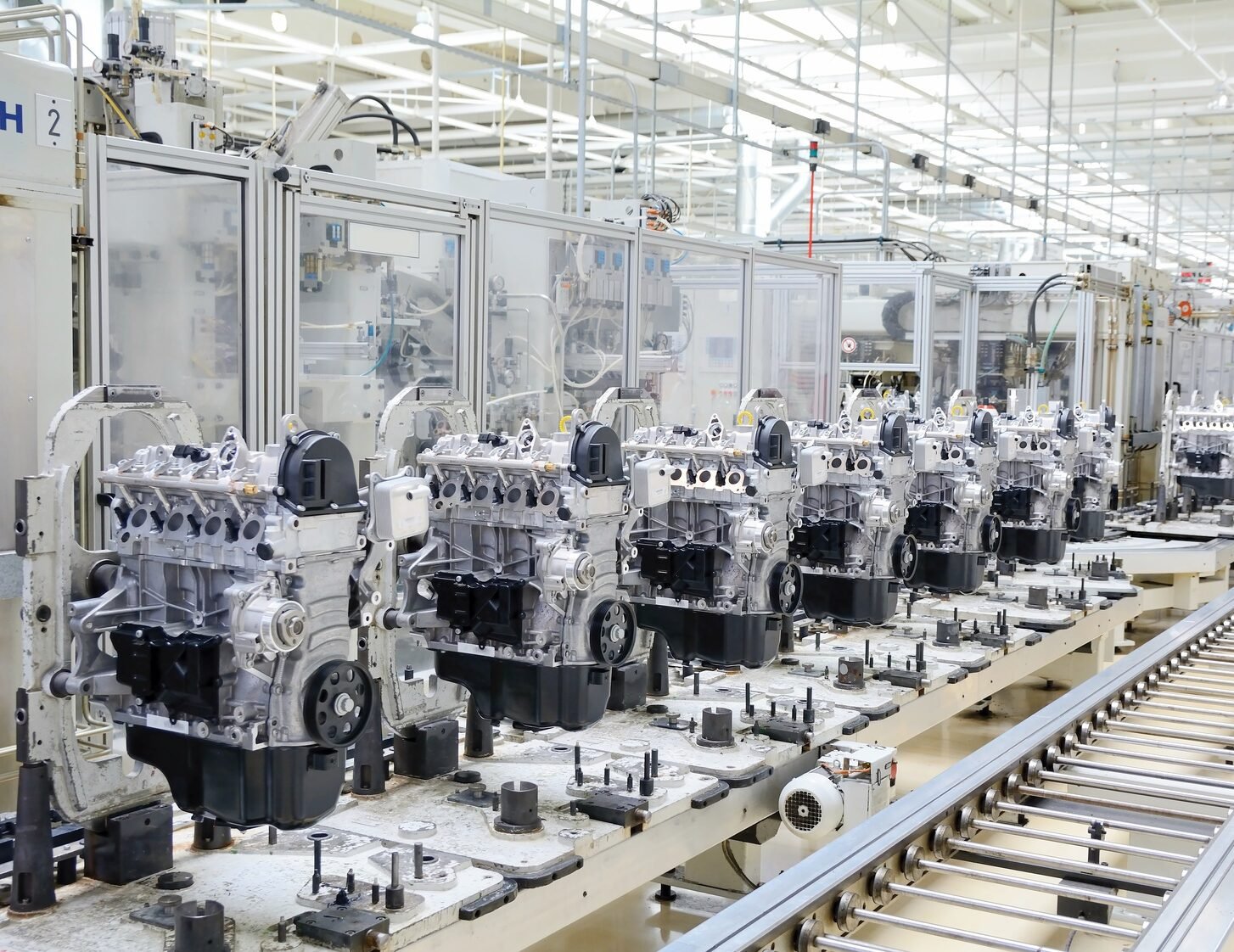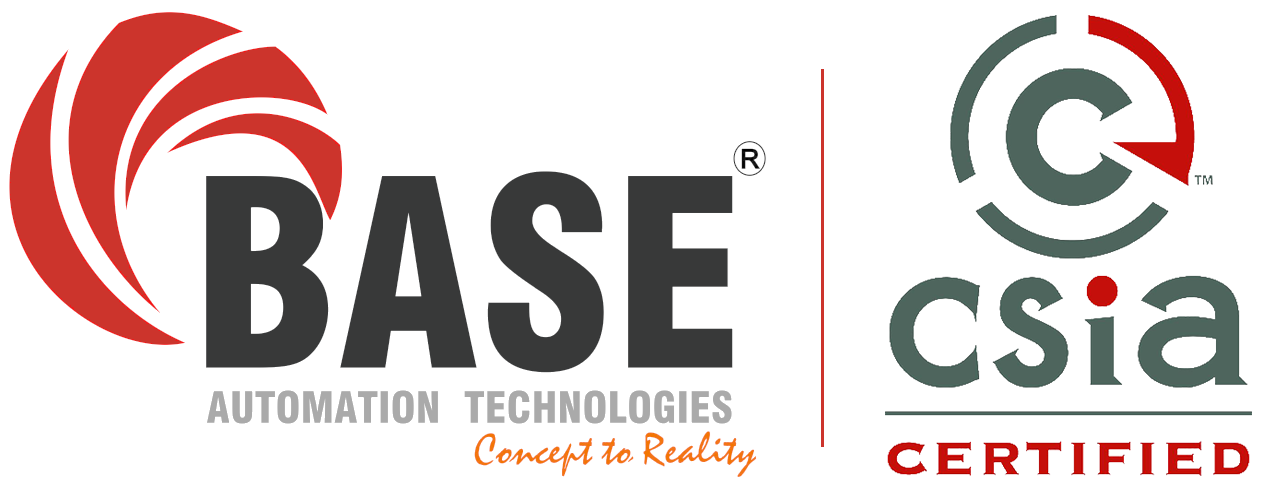
Tracking Product Genealogy
Each produced product can be made traceable starting from the Raw Materials used up to dispatch from the factory. Traceability helps you conform to the government’s regulatory requirements and produces an immutable audit trail. It also gives you complete transparency of the process that the products underwent,
including :
- The machines used (up to the individual tools used) along with timestamps.
- The operators who worked on it at every stage.
- The route that was taken (including any rework route taken).
- Contextualization of specific consumption of energy by that product.
- Quantification of scrap, rework and rejects.
- Quality and testing output of that product.
- Specific process parameters in the manufacturing of that product.
- Electronic Batch Records (EBR) with sequence management and audit trails.
Traceability can be complemented by other modules such as :
- Workflow Management – Maps the shortest route for the product. Stage-wise Poka-Yoke (Error Prevention) can be ensured, that is, if a wrong material is loaded into a machine, an alert is given and the machine does not run, thus reducing product scrap.
- Production Tracking – Enables you to track your products anywhere in the facility.
- Paperless Manufacturing – Results in Dynamic Manufacturing. Production Orders from the ERP are automatically converted into Work Instructions and downloaded to machines. Depending on the scanned barcode / RFID, the machine loads the correct program for the SKU.
- Energy and Utilities Management – Gives a contextualized view of the energy used in producing that particular product.
- Inventory Management – Integration with the ERP on Inventory and Raw Material consumption, Production Order Status and Work-In-Progress (WIP).
- Tool Management - Gives a contextualized view of the tools used in producing that particular product.This post is sponsored by our partners Wigs http://www.fakewatch.is/ replica watches

